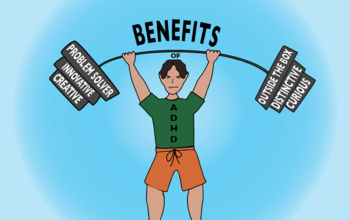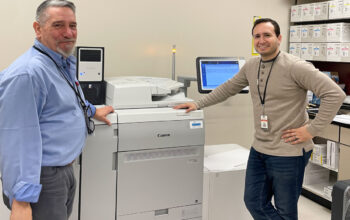
Madeleine Gertsen
Reporter
When students were in kindergarten, there was little to no homework and bedtime was around 8a.m.. The bus came at 8:45a.m., and there was no stress over extracurricular activities. Now, as high schoolers, students find themselves swamped with homework, sports, theatre, and clubs. Some students even find themselves falling asleep after midnight, or not falling asleep at all, only to find themselves waking up at 6a.m. again.
Sophomore Lizzie Kaliff used to suffer constant sleepless nights that would drain her of the necessary energy to make it through the school day. “When I was younger, I would be up until 11 or 12 almost every night,” she said. “I could never fall asleep, no matter how tired I was.”
After her dad recommended she take about one 3 mg tablet of Melatonin, a natural sleep aid, she noticed a difference in her sleeping habits. “It doesn’t make me particularly drowsy,” Lizzie said.” “It just makes it easier for me to actually fall asleep once I actually feel naturally tired.”
The sleep aid, Melatonin, is used to adjust the body’s internal clock. “Melatonin is an over-the-counter supplement that essentially injects more of the soporific hormone into your system,” junior Mary* said. “Generally, the dosage is 3 mg per tablet. It definitely works, but it’s unhealthy to use it regularly because then it starts interfering with your body’s natural melatonin production.”
According to the National Sleep Foundation, Melatonin does not have to be prescribed by your doctor, and can be purchased at pharmacies. “Melatonin is very safe,” sophomore Allison* said. “It’s sold at all of the pharmacies in town off of the shelf and is completely safe for kids our age to take. It is very safe and doesn’t require a doctor’s consent.”
Senior Christina Donovan, who started using Melatonin her sophomore year, was recommended to take Melatonin by her doctor to help her fall asleep. “Melatonin is naturally produced in our bodies so the pill just increases the amount in your body, which makes you fall asleep faster,” she said. “It is commonly used to help travelers adjust to different time zones and recover from jet lag.”
Melatonin is also used to help those who suffer from insomnia, the inability to fall asleep, like sophomore Justin Clark. “I was lucky to have a brother who was already taking Melatonin,” he said. “When I told him about my sleep troubles he knew exactly what I needed.”
Sophomore Allison* finds she cannot fall asleep without taking Melatonin, especially on nights when she finishes her school work very late. “When I have a really full night of schoolwork and forget to take one pill I end up being exhausted at school the next day,” she said.
Sophomore Janie Reddan, like many high schoolers, finds that there is a lot on her mind especially before going to bed. “Whenever I look through Instagram or Facebook on my phone or do homework right before I go to sleep I have trouble falling asleep,” she said. “I think it makes my mind race and makes me think of too many things at once.”
Since Justin never visited a doctor about using Melatonin, he limits his own dosage. “I never received a recommended dosage from a doctor or anything but I usually like to keep it at a 5 mg maximum for one night, especially before big tests or projects,” he said. “This is only because my mom doesn’t like the idea of me taking sleeping medication every night.”
According to the National Sleep Foundation, when Melatonin is taken by mouth one hour before going to sleep, one can fall asleep faster. “It might even be a mental thing for me to know I have taken a sleeping pill, but whenever I use it I definitely fall asleep much more easily,” Justin said.
Mary*, like many high schoolers, feels the pressures from school and other activities before she falls asleep every night. “When I can’t fall asleep, I read or play some music,” she said. “Without sleep, I wouldn’t be able to function throughout the day.”
The non-addicting hormone supplement Melatonin only helps people to get back in the right sleeping patterns. “I haven’t formed a habit from it and can still sleep when I’m away from home and can’t take it,” Lizzie Kaliff said. “I believe I could stop taking it if it became necessary for any reason.”
School Nurse, Janet Reed recommends Melatonin as a sleep-aid, only as a last resort. “I think Melatonin is a safe, healthy, naturally occurring sleep-aid that helps change gears in your mind from your wakefulness to sleep,” Ms. Reed said. “But the first things to try are taking a bath or a shower before you go to sleep, or reading.”
The use of Melatonin is common for many high school students to fix sleep issues. Allison* used to not be able to fall asleep until past midnight, until she began using Melatonin. “Melatonin works really well for me because it calms my brain down from all the homework I have circling in my head,” she said. “It really just helps me relax so I can get a fuller and better night’s sleep.”
*Names have been changed



